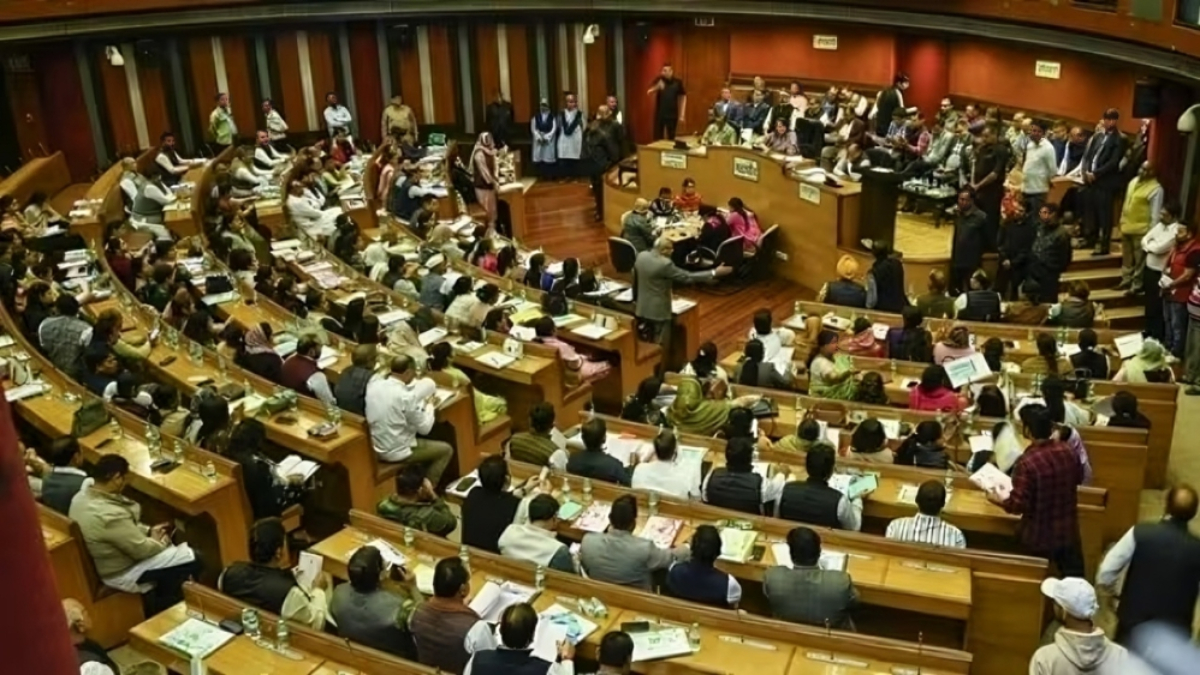The government’s convening of the Interim Budget session is a customary practice that precedes every Parliamentary session.
In preparation for the interim Budget session of Parliament, the government has scheduled a meeting with the floor leaders of political parties in both Houses on Tuesday. The meeting, which will take place at 11:30am in the Parliament Library building, will be chaired by Parliamentary affairs minister Pralhad Joshi.
This meeting is a customary practice conducted by the government prior to every Parliamentary session. During the meeting, leaders will have the opportunity to highlight the issues they wish to address during the upcoming session.
The Budget session will commence on Wednesday with the address of President Droupadi Murmu and is expected to conclude on February 9. On Thursday, Union finance minister Nirmala Sitharaman will present the interim Budget for the fiscal year 2024-25. Notably, she is the first full-time woman finance minister in the country and this will be her sixth consecutive budget presentation, matching the record set by former prime minister Morarji Desai.
Sitharaman stated that this year’s budget will mainly serve as a “vote on account” prior to the general elections. In her previous speech, she highlighted that interim budgets like this one usually do not contain major announcements, and the public will need to wait for the new government to present the comprehensive budget in July 2024.
What is the Union Budget?
The Union Budget serves as the annual financial statement of the Centre, providing a comprehensive overview of the government’s proposed expenditures and revenues for the upcoming fiscal year, spanning from April 1 to March 31. This document encompasses all pertinent information regarding expenditures, revenues, liabilities, and welfare schemes.
Anticipations for this year’s budget indicate that the Centre will introduce modifications to its welfare schemes, notably the Pradhan Mantri Kisan Samman Nidhi. According to reports, there is a possibility of a 50 percent increase in the payout of the PM Kisan scheme, raising it from ₹6,000 to ₹9,000 per year. Additionally, it is suggested that the Centre will persist in its efforts to promote capital expenditure.

